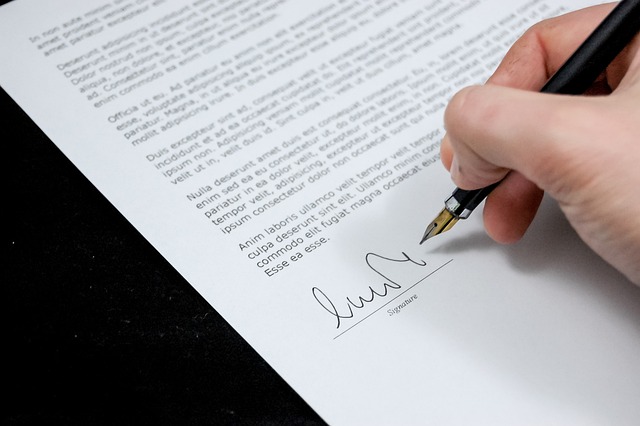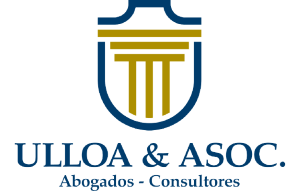Honduras is considered a center of investment opportunities for nationals and foreigners in multiple sectors such as: agribusiness, tourism, manufacturing, services, among others, as long as the investment and its owner meet the requirements established in the national legal system, to make them worthy and authorized to develop the investment. And as a primary requirement for this investment authorization, is to have the capacity to: engage in commerce; and, to intervene in acts or contracts not only commercial but even public contracts with government institutions. Having this capacity to engage in commerce, it can be developed by natural persons who own a commercial company or by companies incorporated in a commercial manner; allowing our legal system since the creation of the Commercial Code in 1950, that foreigners and companies incorporated under foreign laws, can engage in commerce in Honduras, subject to the provisions of the Commercial Code and other applicable legal provisions.
But not only the ability of a merchant to exploit trade is necessary, since for better or worse, Honduras is a bureaucratic country and the influence of its officials in public affairs gives them the opportunity to develop the documentary, technical and other applicable requirements that every merchant (investor) who wishes to operate in the country must meet for that purpose.
It is here that a foreign investor, who has the capacity to engage in trade according to our legal system, encounters a first barrier, which is to enforce in Honduras his constitutive, representation and identification documents, issued in his country of origin and abroad for Honduras. This validation can be of two types: a) through the Hague Apostille process, between member countries of the Hague Convention, and, b) through Authentication between countries that are not part of the Hague Convention. Regardless of the type of validation or legalization, the documents must be authenticated and/or reviewed by government agencies in their countries of origin. Therefore, in the case of the Apostille, which consists of placing on a public document or an extension thereof, a note (Apostille) certifying the authenticity of the signature of the officials on the documents, and as a final step for a foreign document to be validly used in Honduras, it should be considered a standard and expeditious process, as it is an International Convention signed by approximately 124 countries. However, it can be as simple or complicated depending on the country issuing said documents, since the steps prior to the Apostille, and from experience, constitute a problem and delay for investors since it is not clear to them how to carry them out in their country of origin, whether or not they require the intervention of lawyers or if anyone can do them and what it implies.
Unfortunately, lawyers do not have 100% knowledge of foreign laws and government procedures, but we do have an idea by applying the analogy and/or comparison of our bureaucratic processes abroad. Such is the case, that at the time of Apostille in Honduras: civil status certificates (marriage, divorce), and birth and death certificates; educational documents such as diplomas and grade profiles; extracts from the commercial and property registry; court rulings; public deeds, documents authenticated by a notary either by signature or copy; certifications or certificates issued by any government entity, among others; which are documents issued by an official, as a second step: they must be transferred to the highest body of the same (officials) so that their signature is validated in the exercise of their functions, which is the longest process or stage because it depends on the public administration and its internal processes; Finally, as a last step, transfer the previously authenticated or certified document to the Ministry of Foreign Affairs so that it can stamp the Apostille seal.
In the case of Authentication of documents that are required to be used in countries that are not part of the Hague Convention, the process is longer because it involves the same steps or stages necessary to obtain the legalization of the Apostille, however, the Honduran Consulate or Embassy is involved (in such case), in the foreign country, who carries out the final certification of those documents abroad, and once they are certified abroad, they are sent to Honduras so that the Ministry of Foreign Affairs legalizes them through Authentication.
All internal processes in Honduras could be the same or different, they may be simpler or more complicated, within other States party to the Hague Convention, however, it is the investor’s obligation to corroborate and verify the legality of their corporate documents, among others, to be part of trade and contracts in Honduras.
More details on Ulloa & Asociados




